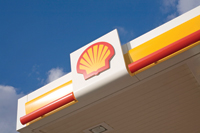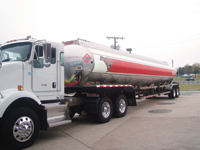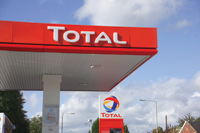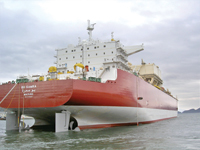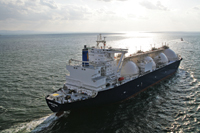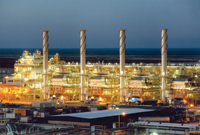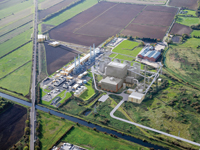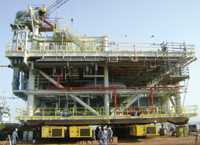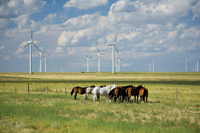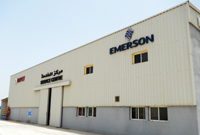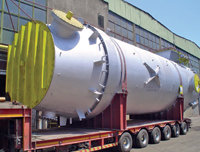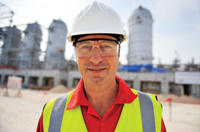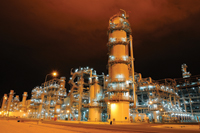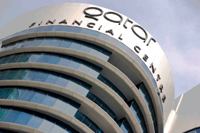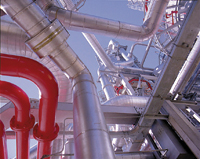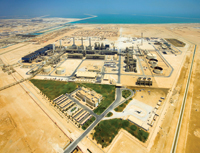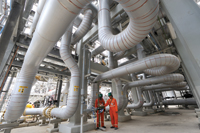
QATAR has no immediate plans to lift its moratorium on further development of its huge North Field gas deposit, the country’s oil minister, Mohammed Al Sada, says.
“As we speak, there is no plan to increase the production. We have enough projects,” he says.
“If later on, studies show without doubt we could produce more natural gas and condensate, then we will have to see what priority we had for other projects,” he adds.
This approach means, among other things, that no further expansion of the Pearl GTL facility is currently envisaged after the second phase of the project reaches full capacity in mid-2012.
The moratorium on further development was imposed in 2005 by the former oil minister, Abdullah Al-Attiyah.
Pearl is easily the world’s biggest plant that chemically converts methane from natural gas into a range of high-quality liquid transportation fuels, chemical feedstock and lubricants. At full capacity, it will process up to 260,000 barrels per day (bpd) of oil equivalent of sour gas to yield as much as 140,000 bpd of GTL products and 120,000 bpd of natural gas liquids.
At current oil prices, the project is understood to be a lucrative venture for its partners, despite massive capital costs.
In the past year, Qatar has also completed its planned development of 77 million tonnes of annual liquefied natural gas production capacity, which has established the Gulf Opec member as the world’s leading GTL exporter.
Qatar has also brought on-stream a large domestic gas-supply project, Barzan, as the government expands power generation and other civic infrastructure ahead of hosting the Fifa World Cup soccer convocation in Doha in 2022.
“We are studying the North Field gas reservoir,” Sada says. “This is a strategic commodity. We are very careful not to damage the health of the reservoir. It is there to stay for 120 years.”
When Attiyah stepped down as oil minister at the end of 2010 to take a position as head of the emir’s court, he announced that further development of Qatar’s oil and gas sector would focus on petrochemicals expansion.
Shell CEO Peter Voser says the government had approved a Shell/Qatar Petroleum joint venture to build the world’s biggest mono-ethylene glycol plant in Qatar.
He says the two companies would also pursue other opportunities to expand the scope of their partnership, including oil and gas exploration offshore Qatar with a Chinese partner.
Shell and QP signed an agreement to develop a project-management centre of excellence in Qatar.



































































